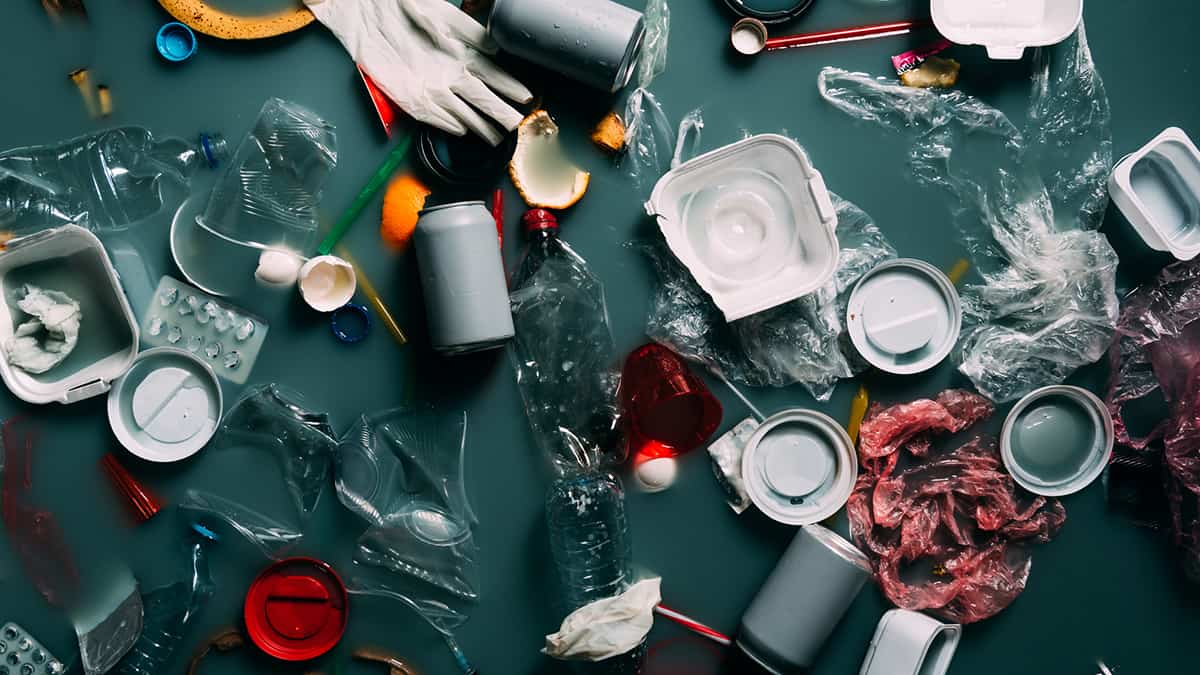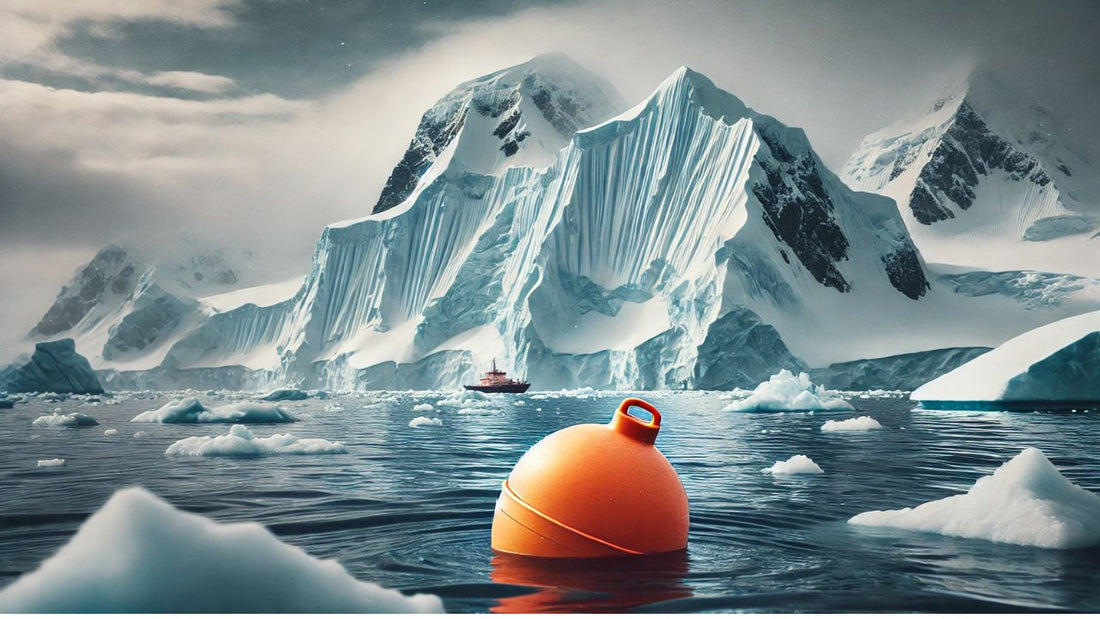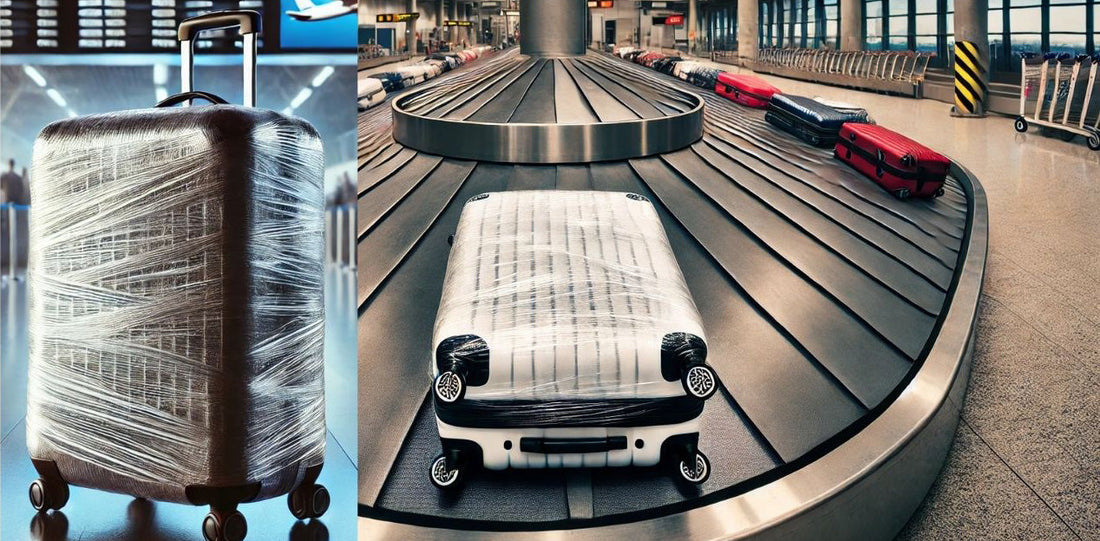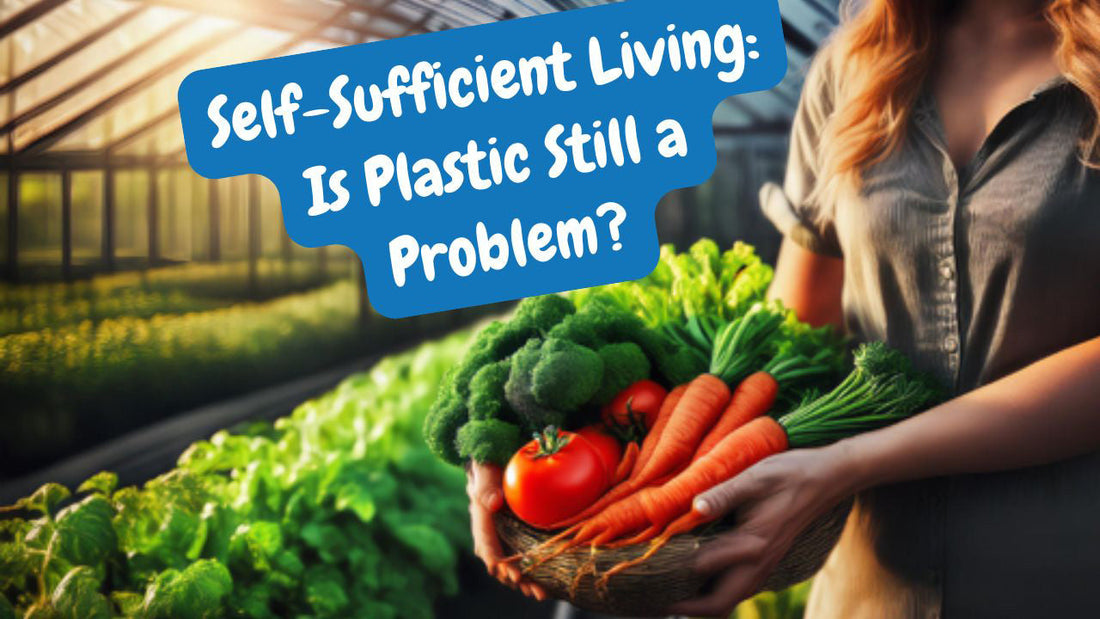HOW MUCH DO YOU WASTE?
If you follow EORTH on social media you would've seen our suggestion for taking the next step after you've completed the Plastic Free July challenge — our suggestion?
During the month of August participate in the Plastic Collection Challenge.
You may be reading this and thinking: "I've missed the August 1 start date so there's no point in participating in this challenge now." Here's some good news . . . you can begin the challenge any day, of any month! The goal while participating in the Plastic Collection Challenge: collect all your household plastic waste for 30 (or 31) days.
What's the reason for doing this? When you take the time to collect every piece of plastic for a full month — you soon realise how quickly it accumulates, which brings greater awareness to the amount of plastic waste just one household generates during one month. After collecting all your plastic waste for one month you may realise:
If this is just the plastic waste generated in my home, on my street — what if I were to multiply that by the amount of homes on my street, in my suburb, in my state, in my country . . . you soon get the picture of how big the plastic pollution problem really is.
And let's face the facts: over 90% of that plastic is headed for landfill whether you add it to your recycling bin or not!
I applied this same concept to one of my long haul flights returning from Australia to Canada, collecting all the plastic waste that the airline provided to me (just one passenger) on that flight. It was a lot of plastic for just one person, however when you start to multiply that plastic waste by the amount of people on the flight, by the amount of flights that travel that route daily, monthly, yearly ... and start to think about all those flights (that were prior to covid) taking place daily across the globe — you soon realise [if you haven't already] . . . that we really have a problem with the amount of plastic we, as a global entity, use on a daily basis.
You can read more about the Airline Plastic Collection.
HOUSEHOLD PLASTIC COLLECTION TALLY — 1 WEEK IN:
Af ter seven days of collecting the plastic waste that made its way into our household, I've so far ended up with several plastic bags and some unexpected pieces of plastic.
ter seven days of collecting the plastic waste that made its way into our household, I've so far ended up with several plastic bags and some unexpected pieces of plastic.
All of this plastic was was from new products that were purchased, a couple of the bags were completely unavoidable — when you need a tent for a market display you can't simply ask the store to not sell you the tent in a plastic bag! The other bags and bits and pieces of plastic came from online shirt purchases.
What I've learnt so far from this first week?
- Sometimes you just can't avoid that plastic entering your home, so there's no point in beating yourself up about it. The best course of action is to put those items aside and take them to a Redcycle bin the next time you're taking a trip to the store.
- When we purchase clothing either in store or online, we don't see the amount of plastic that being used in the background. This particular purchase made online. Had I purchased these clothes at a retail location, it's unlikely I would have seen all the additional plastic waste.
The bags would have been removed and the bits of plastic holding the shirts together would have been removed before being placed on a hanger. I would have popped that shirt into my reusable bag and left the store thinking I did a good job with not purchasing any plastic. How wrong I would have been!
A few weeks ago I wrote about the Plastic You Don't See when purchasing take-away.
When we become more aware of the amount of plastic being used every day to protect our clothes, our online orders, our electronic equipment (the list goes on) we are once again reminded:
We can't recycle our way out of the plastic pollution problem.
We can't control every single piece of plastic that ends up in our homes, but what we can do is make conscious daily decisions to reduce the amount of plastic we use. Ie. say no to plastic straws, plastic takeaway cups, plastic coffee cups and lids, plastic bags ... you get the picture!
Now you know why you should participate, don't wait — start the Plastic Collection Challenge today!





